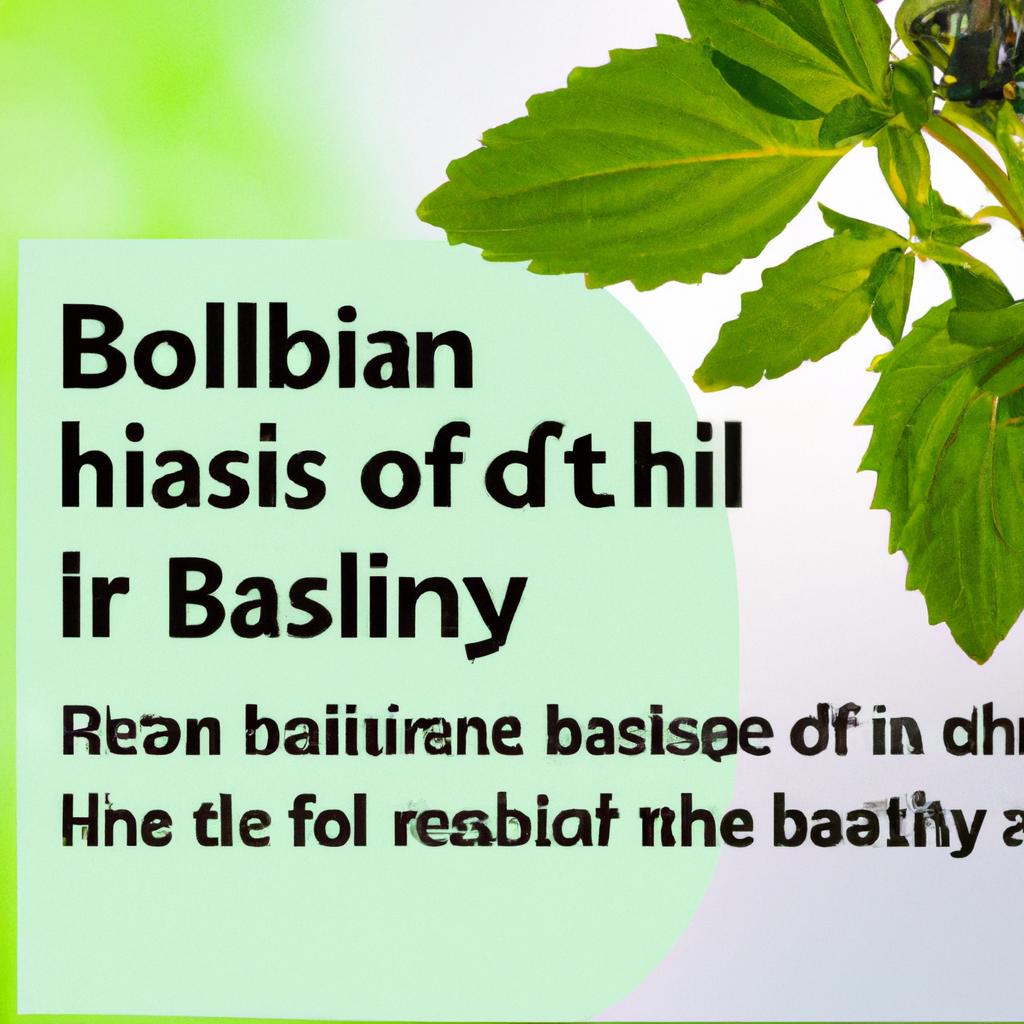The Science Behind Holy Basil: Mechanisms of Stress Relief and Mood Regulation
The Science Behind Holy Basil: Mechanisms of Stress Relief and Mood Regulation
Holy basil, or Tulsi, attracts health enthusiasts and researchers for its many benefits. Traditionally, Ayurvedic medicine uses this revered herb, and the modern wellness community increasingly recognizes it. Many individuals seek holy basil for stress relief and mood enhancement. What makes this herb effective? Let’s explore the science behind holy basil and its functions in our bodies.
Nutritional Profile of Holy Basil
Holy basil serves as a nutritional powerhouse. It offers a rich array of vitamins and minerals that support health. Notably, it contains vitamins A and C, calcium, magnesium, and iron. Each nutrient plays a critical role in bodily functions. For instance, vitamin C bolsters the immune system, while magnesium regulates neurotransmitters, influencing mood and stress levels.
In addition to vitamins and minerals, holy basil abounds in antioxidants. Antioxidants combat oxidative stress—an imbalance between free radicals and antioxidants. Oxidative stress can lead to cellular damage, impacting mental health and causing anxiety and depression. Research shows holy basil contains essential oils and phytochemicals, like eugenol, rosmarinic acid, and flavonoids, which may enhance mood.
The Role of Adaptogens
Classifying holy basil as an adaptogen highlights its natural ability to help the body adapt to stressors. Adaptogens regulate the body’s hormonal responses to stress. They enhance resilience to stress, promoting calmness and well-being.
Holy basil primarily exerts its effects by modulating the hypothalamic-pituitary-adrenal (HPA) axis. This complex system governs the body’s stress response. Under stress, the HPA axis triggers cortisol release, known as the “stress hormone.” Elevated cortisol can lead to anxiety, mood disorders, and other health issues. Research indicates holy basil may reduce cortisol levels, helping alleviate stress and anxiety.
How Holy Basil Affects Cortisol Levels
Cortisol releases in response to physical and psychological stress. Chronic cortisol elevation can harm mental health, increasing anxiety and depression. Studies show that regular holy basil consumption can notably reduce cortisol levels. By lowering cortisol, holy basil contributes to decreased stress, improved mood, and enhanced emotional resilience.
Exercise and Holy Basil
Exercise serves as a cornerstone of mental health. Regular physical activity reduces stress, improves mood, and enhances overall well-being. Combining exercise with holy basil amplifies these benefits.
Conclusion
In summary, holy basil offers numerous health benefits, particularly for stress relief and mood enhancement. Its nutritional profile, adaptogenic properties, and ability to lower cortisol levels contribute to its effectiveness.
Below are related products to the topic if you’re interested:
FAQ
What nutrients does holy basil contain that contribute to its health benefits?
Holy basil is rich in vitamins A and C, calcium, magnesium, and iron. These nutrients play critical roles in bodily functions, such as bolstering the immune system and regulating neurotransmitters that influence mood and stress levels.
How does holy basil function as an adaptogen?
As an adaptogen, holy basil helps the body adapt to stressors by regulating the body’s hormonal responses. It primarily modulates the hypothalamic-pituitary-adrenal (HPA) axis, which governs the stress response, and may help reduce cortisol levels, thus promoting calmness and well-being.
Can regular consumption of holy basil improve mental health?
Yes, regular consumption of holy basil can improve mental health by notably reducing cortisol levels, which are linked to anxiety and mood disorders. By lowering cortisol, holy basil contributes to decreased stress and enhanced emotional resilience.















Post Comment